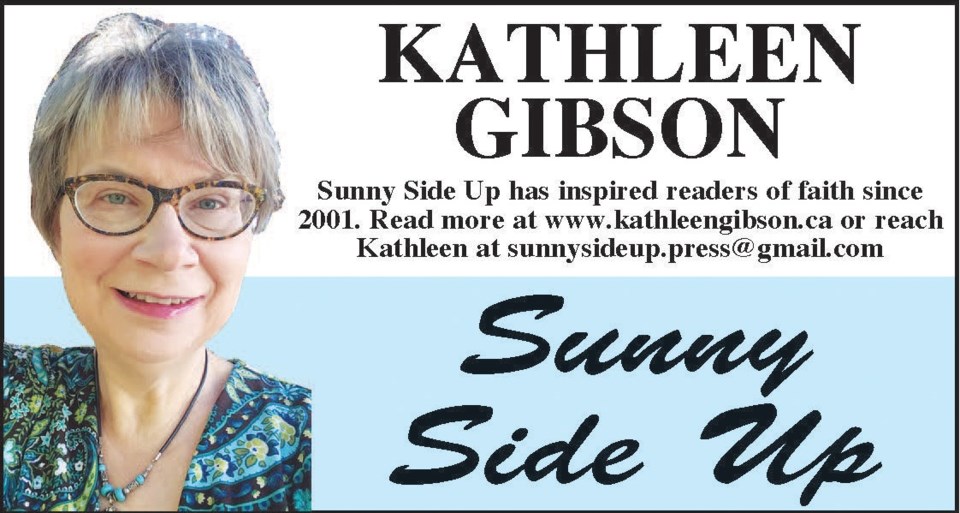As a child of the fifties and sixties, I grew up surrounded by haunting echoes of WWII. I heard them while huddling under my covers, every time the 1 a.m. shift siren wailed from the pipe mill at the end of Murray Street. My street. I heard them while listening to adult conversations about friends and relatives who hadn’t returned from battle. Whenever a jet passed low overhead over our Port Moody home, I trembled. Was this the big bomb so many feared?
Even as a child I understood that our allied victory, sweet at the time, had a bitter aftertaste.
As it should, Remembrance Day reminds of the deep debt of gratitude owed those who have given their lives for our country and for uniformed officers who keep us safe, no matter their division. But how I wish we could, at the same time, remind ourselves (and anyone who will listen) of the vileness of war itself, and the importance of doing everything possible to avoid it.
Wars generally end with victory on one side, defeat on the other. But history has taught us that war generates more losers than victors. Despite painstakingly drafted treaties, it seldom brings lasting peace. Generations, even centuries, after major conflicts, many national identity pots still simmer with rage. Throughout history, almost every war can be traced to a previous conflict.
Until sitting down to write this column, I’d never noticed that the word war, spelled backwards, becomes the word raw. According to various dictionaries (including a guide to recent urban slang), raw means everything from ‘uncooked’ to ‘horrible’ to ‘excellent’ and more. Regardless of the definition, we all know the truth. War scrapes nations raw; as raw and deep as a tiger’s tooth and claw on human skin.
Jesus, mistakenly hailed by followers as the King who would lead the Jewish nation to victory over the Romans, instead taught his followers, “Love your enemies, do good to those who hate you, bless those who curse you, pray for those who abuse you.” (Luke 6:27-28, NRSV). But the Bible also teaches that peace at any cost is no peace at all. In the Old Testament, God even gave instructions in waging war against evil enemies.
Pondering war, as with so many issues bigger than my small self, I try to focus on my personal responsibility. As a Christ follower, that means, with the help of the Holy Spirit, living and acting in ways that please God. Loving him above all else. Loving those around me. Admitting when I’m wrong, forgiving those who wrong me—and doing both as often as necessary.
Nevertheless, sometimes the line between war and peace fades to scarcely a vapour. Sometimes individuals and nations are forced to choose the least of two evils. I’m profoundly grateful for kinsmen who, facing that terrible choice, have defended our nation and those who still do.
But in the name of Jesus Christ, let us each first do our best to wage peace.



